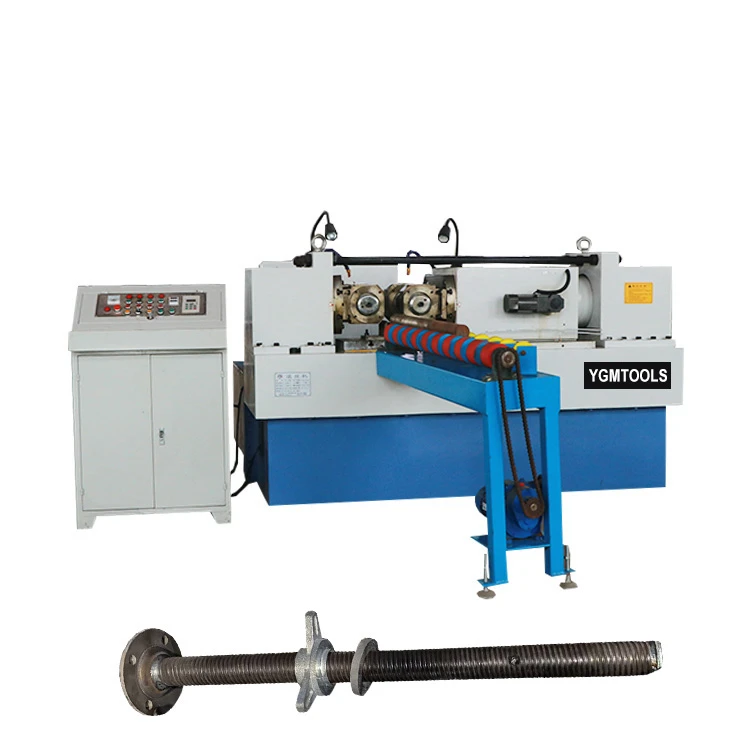
-
 Afrikaans
Afrikaans -
 Albanian
Albanian -
 Amharic
Amharic -
 Arabic
Arabic -
 Armenian
Armenian -
 Azerbaijani
Azerbaijani -
 Basque
Basque -
 Belarusian
Belarusian -
 Bengali
Bengali -
 Bosnian
Bosnian -
 Bulgarian
Bulgarian -
 Catalan
Catalan -
 Cebuano
Cebuano -
 Corsican
Corsican -
 Croatian
Croatian -
 Czech
Czech -
 Danish
Danish -
 Dutch
Dutch -
 English
English -
 Esperanto
Esperanto -
 Estonian
Estonian -
 Finnish
Finnish -
 French
French -
 Frisian
Frisian -
 Galician
Galician -
 Georgian
Georgian -
 German
German -
 Greek
Greek -
 Gujarati
Gujarati -
 Haitian Creole
Haitian Creole -
 hausa
hausa -
 hawaiian
hawaiian -
 Hebrew
Hebrew -
 Hindi
Hindi -
 Miao
Miao -
 Hungarian
Hungarian -
 Icelandic
Icelandic -
 igbo
igbo -
 Indonesian
Indonesian -
 irish
irish -
 Italian
Italian -
 Japanese
Japanese -
 Javanese
Javanese -
 Kannada
Kannada -
 kazakh
kazakh -
 Khmer
Khmer -
 Rwandese
Rwandese -
 Korean
Korean -
 Kurdish
Kurdish -
 Kyrgyz
Kyrgyz -
 Lao
Lao -
 Latin
Latin -
 Latvian
Latvian -
 Lithuanian
Lithuanian -
 Luxembourgish
Luxembourgish -
 Macedonian
Macedonian -
 Malgashi
Malgashi -
 Malay
Malay -
 Malayalam
Malayalam -
 Maltese
Maltese -
 Maori
Maori -
 Marathi
Marathi -
 Mongolian
Mongolian -
 Myanmar
Myanmar -
 Nepali
Nepali -
 Norwegian
Norwegian -
 Norwegian
Norwegian -
 Occitan
Occitan -
 Pashto
Pashto -
 Persian
Persian -
 Polish
Polish -
 Portuguese
Portuguese -
 Punjabi
Punjabi -
 Romanian
Romanian -
 Russian
Russian -
 Samoan
Samoan -
 Scottish Gaelic
Scottish Gaelic -
 Serbian
Serbian -
 Sesotho
Sesotho -
 Shona
Shona -
 Sindhi
Sindhi -
 Sinhala
Sinhala -
 Slovak
Slovak -
 Slovenian
Slovenian -
 Somali
Somali -
 Spanish
Spanish -
 Sundanese
Sundanese -
 Swahili
Swahili -
 Swedish
Swedish -
 Tagalog
Tagalog -
 Tajik
Tajik -
 Tamil
Tamil -
 Tatar
Tatar -
 Telugu
Telugu -
 Thai
Thai -
 Turkish
Turkish -
 Turkmen
Turkmen -
 Ukrainian
Ukrainian -
 Urdu
Urdu -
 Uighur
Uighur -
 Uzbek
Uzbek -
 Vietnamese
Vietnamese -
 Welsh
Welsh -
 Bantu
Bantu -
 Yiddish
Yiddish -
 Yoruba
Yoruba -
 Zulu
Zulu
Thread Rolling Tool Manufacturing Solutions for Precision Engineering Applications
The Evolution of Thread Rolling Tool Manufacturing
In the realm of metalworking and manufacturing, the production of precise components is critical to the efficiency of various industries, from automotive to aerospace. Among the array of processes that ensure the creation of these components, thread rolling stands out as an essential technique. This article delves into the intricacies of thread rolling tool factories, exploring their significance, technological advancements, and future prospects.
Understanding Thread Rolling
Thread rolling is a cold forming process that shapes metal into the desired thread configuration without removing material. This technique is often preferred for its ability to produce high-strength threads with superior surface finishes, making it an attractive choice for manufacturers. The process involves using a set of hardened steel dies that compress the material, forming threads that can be used in bolts, screws, and various fasteners.
The advantages of thread rolling include reduced material waste, decreased production times, and enhanced mechanical properties of the finished product. These benefits contribute to lower overall production costs and a smaller environmental footprint.
The Role of Thread Rolling Tool Factories
Thread rolling tool factories play a pivotal role in the manufacturing ecosystem by producing the specialized tools required for thread rolling processes. These factories design and fabricate dies, rollers, and other associated equipment tailored to the specific needs of various industries. The quality and precision of these tools directly influence the effectiveness of the thread rolling process.
Technological Advancements
Over the years, thread rolling tool factories have witnessed significant technological advancements. The introduction of computer-aided design (CAD) and computer numerical control (CNC) machining has revolutionized the manufacturing process. With CAD software, engineers can create intricate designs and simulations, ensuring optimal performance before production begins.
thread rolling tool factory

CNC machines provide the precision necessary for crafting complex geometries, resulting in tools that deliver high accuracy and repeatability. Additionally, advancements in materials science have led to the development of tougher and more durable alloys for tool manufacturing, allowing for longer lifespans and reduced wear.
Furthermore, automation has begun to play a significant role in thread rolling tool factories. Automated systems can streamline production processes, minimize human error, and increase output rates. This shift towards automation not only enhances efficiency but also allows skilled labor to focus on more complex and critical tasks within the factory.
Challenges in the Industry
Despite these advancements, thread rolling tool factories face several challenges. The demand for customized tooling solutions is on the rise, requiring factories to be agile and responsive to customer needs. This necessitates a balance between mass production efficiency and the flexibility to create bespoke tools.
Additionally, there is the ongoing challenge of maintaining quality standards. As industries demand higher precision and reliability, thread rolling tool manufacturers must invest in advanced quality control techniques to ensure that their products consistently meet stringent specifications.
The Future of Thread Rolling Tool Factories
Looking ahead, the future of thread rolling tool factories appears promising. As industries continue to evolve, the demand for high-quality, efficient tools is only expected to grow. With the integration of smart technology and the Internet of Things (IoT), factories can monitor machinery in real-time, predict maintenance needs, and further enhance productivity.
Moreover, the push for sustainability is likely to shape the future of manufacturing. Factories may increasingly adopt eco-friendly practices, such as recycling materials and conserving energy, to align with global sustainability goals.
In conclusion, thread rolling tool factories are integral to the manufacturing landscape, providing essential tools that drive efficiency and precision across various industries. The combination of technological advancement, automation, and a keen focus on quality positions these factories to meet the challenges of the modern manufacturing environment, ensuring they remain vital players in the industry for years to come. As they continue to innovate and adapt, thread rolling tool factories will undoubtedly play a crucial role in shaping the future of metalworking and beyond.
